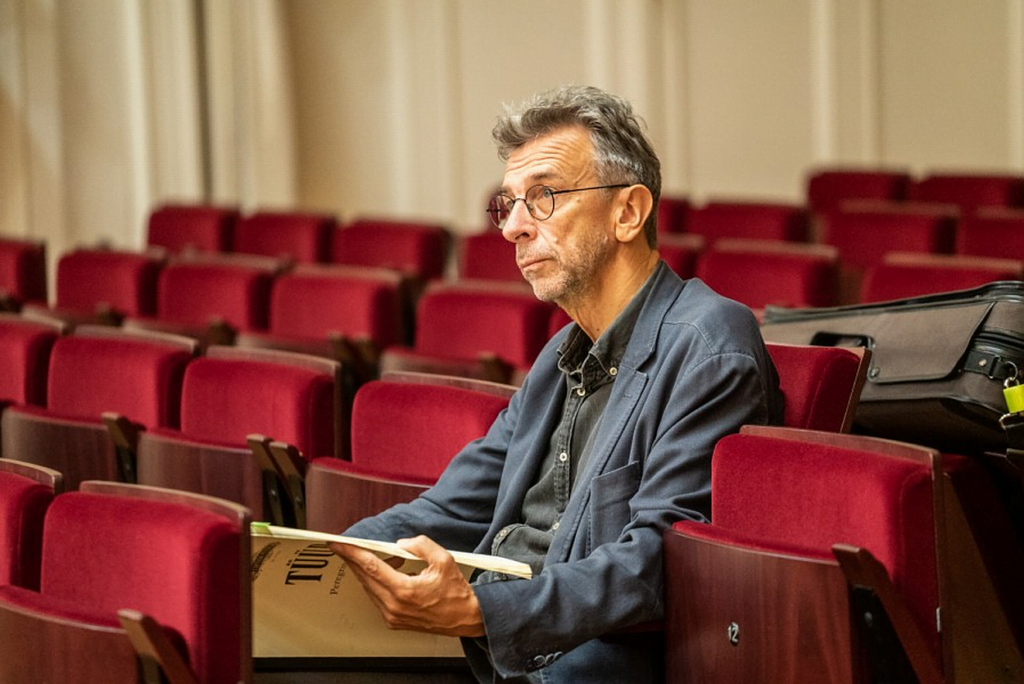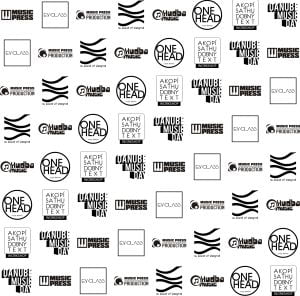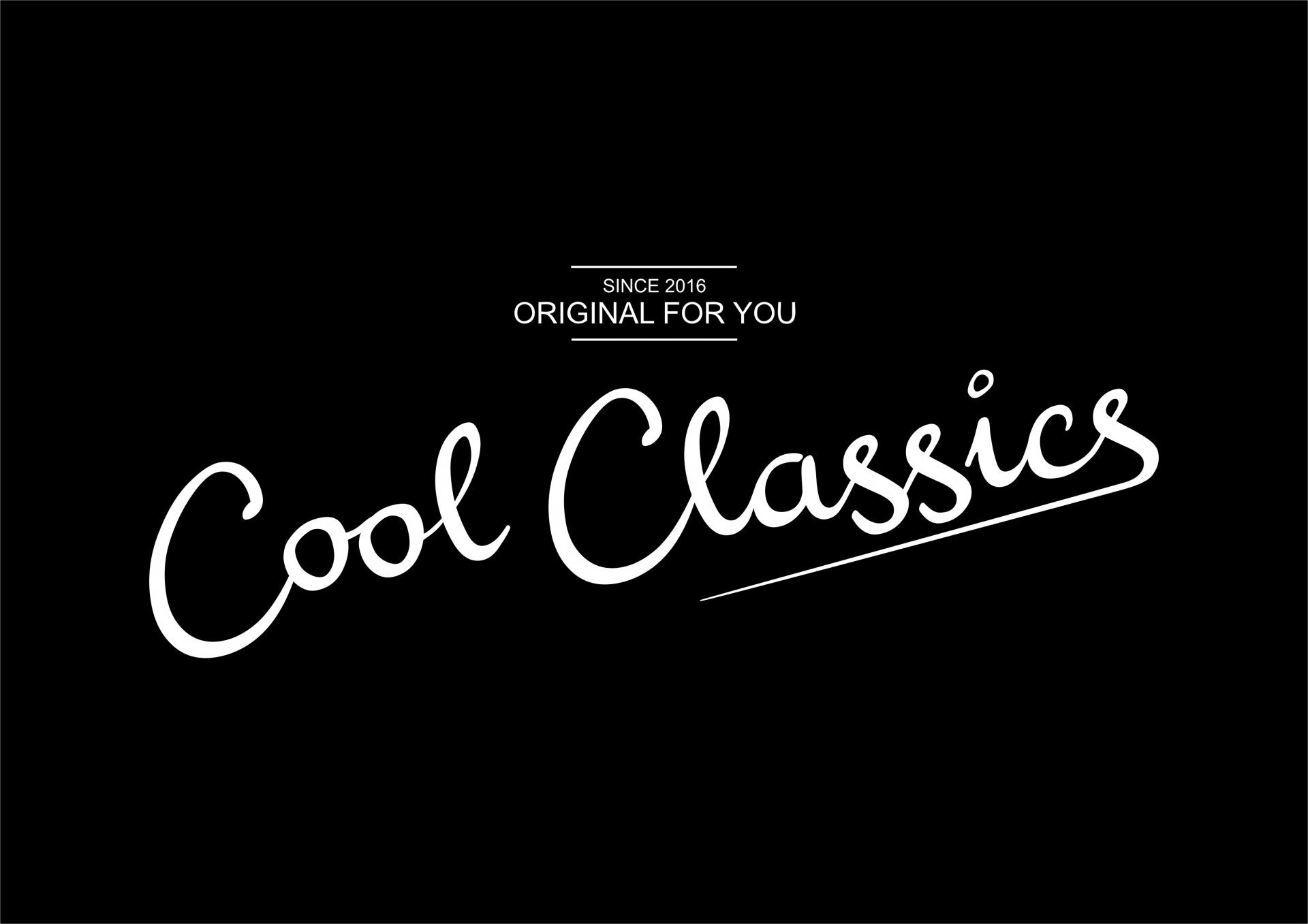
Patrí k najvýznamnejším estónskym skladateľom, ktorého tvorba spája viaceré vplyvy a kompozičné techniky. Pôsobil v kultovej progresívnej rockovej kapele In Spe, ktorej nahrávky sa šírili aj mimo územia bývalého Sovietskeho zväzu. Tvrdí, že po jej rozpustení, nadviazal na to, čo robil aj so svojimi spoluhráčmi – na spojenie vertikálnych a horizontálnych línií v komornom zvuku. Na festivale Melos – Étos organizovanom Hudobným centrom (príspevková organizácia MK SR), mu za osobnej účasti uvedú jeho Klarinetový koncert s podtitulom Peregrinus ecstaticus. Svoju hudbu nechce príliš dopodrobna charakterizovať, tú podstatu má nájsť poslucháč v koncertnej prezentácii. Tá zaznie už tento piatok na otváracom koncerte festivalu v Koncertnej sieni Slovenskej filharmónie.
switch to english version

Na začiatok malá oprava – ja som bol frontmanom v mojej kapele In Spe (smiech) a mali sme mnoho skladieb s vokálom. Aj teraz niekedy spievam.. a hlas je pre mňa skutočne inšpiratívnym zvukom. Napríklad gregoriánsky chorál ovplyvnil môj hudobný jazyk, keď som bol ešte študentom. Dokonca aj v mojich najnovších orchestrálnych skladbách, by sme mohli sledovať podobnosti medzi tým, ako formujem oblúk melodických línií, ak sa dostatočne priblíži na mikroúroveň z textúr, a ako sa formuje v gregoriánskych melódiách.

Myslím si, že je to použitie textu, čo spôsobuje, že sa udeje táto zmena. Je nevyhnutné, keď sa použije text, aj keď v minimálnej miere, že sa začnú vytvárať významy pre hudobný materiál, ktorý by bol inač abstraktný. Použitie hlasu ako čistá farebnosť bez textu – to by bolo niečo úplne iné.

V priebehu rokov som si navrhol určitý súbor kompozičných pravidiel. To mi umožňuje komponovať hudbu, ktorá už viac nesúvisí s polaritou atonality a tonality. Pre mňa je to druh tretej cesty. Ale vždy musím urobiť krok dopredu s každou novou partitúrou.

Povedzme, že pracujem s novým inštrumentálnym koncertom. Počas procesu komponovania zvyčajne konzultujem so sólistom – žiadam po ňom niekoľko rozličných riešení určitých techník (mnohonásobné zvuky, zvýraznené trilky, čokoľvek…), alebo ako príklad spomeniem špeciálne požiadavky na problematiku tlaku luku, ktorý je zapojený ako strunový nástroj. Toto je interakcia na inej úrovni a v inom časovom rámci. Skvelí hudobníci ovplyvnili spôsob, akým komponujem a veľa som sa od nich naučil. Ale samozrejme, ak už je rozsiahla a komplexná partitúra pripravená na premiéru a skúšky čoskoro začnú, hudobníci už nemôžu vstúpiť do tvorivého procesu. Proces interpretácie ako tvorivý akt je veľmi príjemný. Kreatívna energia planúca z hudobníkov a dirigenta spolu vytvára kreatívnu energiu, ktorá ožíva z mojej partitúry.

Ťažko povedať…možno koncert pre plastové vedro by bol nad moje porozumenie…

Nehovoril by som, že som zložil veľa skladieb pre klarinet, ale aj tak – veľmi sa mi páči zvuk tohto nástroja a spôsob, akým sa môže zmeniť jeho farba, rôzne extrémy v dynamike, jeho pohyblivosť, krehkosť, sila, kantiléna… pomenujte to! Má všetko. Záhadnosť v nízkom registri, viacnásobné tóny, štvrtinové tóny, glisandá…

Nájdite si čas a vypočujte si zopár mojich diel. A potom to spoznáte. Rád by som nechal radosť z objavovania tajomstiev svojim poslucháčom.

Určite môže. Osobne sa však viac zaujímam o prístup, v ktorom architektúra a vnútorné napätie tvoria neoddeliteľný celok.

A little correction at first – I was the frontman in my band In Spe (laugh) and we had a substantial number of pieces with vocal. Even now I use to sing sometimes … and voice is an inspirational sound for me indeed. For instance, Gregorian chant has influenced my musical language since I was a student. Even in my most recent orchestral works one could trace the similarities between how I mold the arch of melodic lines – if one zoom in enough to the microlevel of the textures – and how it is shaped in Gregorian melodies.

I think it is the usage of text what makes this change happen. It is unavoidable that once a text is used, even if only minimally, it starts to create meanings for an otherwise abstract musical material. By using voice as a pure color without text it would be a different thing.

Over the years I have designed a certain set of compositional rules for myself. This allows me to write music which does not follow the polarities of atonality-tonality anymore. For me it is a kind of 3rd way. But I always need to take a step forward, with each new score.

I am not in a position to declare “composer’s mission”. We are all unique, everyone of us. And we all have something in common. A composer can not be detached from the society yet at the same time he/she has to be independent on his/her artistic decisions. But the mission – probably there are as much different missions as there are composers…

Let’s say I’m working with a new instrumental concerto. During the process of writing I usually consult with the soloist – asking for some different solutions of certain techniques (multiphones, overtone trills, whatever…) or for special bow pressure issues while string instrument is involved, just as an example. This is also a certain interaction, in a different level and during a different timeframe, but still. Great musicians have influenced the way I’m writing and I have learned a lot from them. But of course while a huge and complex score is ready for the premiere and the rehearsals are about to begin, the musicians can not step in the creative process on that way anymore. However, the process of interpretation as a creative act is very enjoyable. The creative energy of the musicians and the conductor make together the creative energy I have charged into my score alive!

Hard to say …. perhaps a concerto for plastic bucket would be beyond my comprehension…

I would not say that I have composed a lot for clarinet but anyway – I like the sound of this instrument a lot, the way it’s color could be transformed, the different extremes in dynamics, the agility, fragility, power, cantilene … you just name it! It has everything. The mystery in the low register, multiphones, quarter tones, glissandis…

Take your time and listen to couple of my works. And then you’ll recognize. I’d like to leave the joy of discovering the secrets to my listeners.

Take your time and listen to couple of my works. And then you’ll recognize. I’d like to leave the joy of discovering the secrets to my listeners.
autor: Daniel Hevier ml.; preklad otázok: Patrik Šedo







